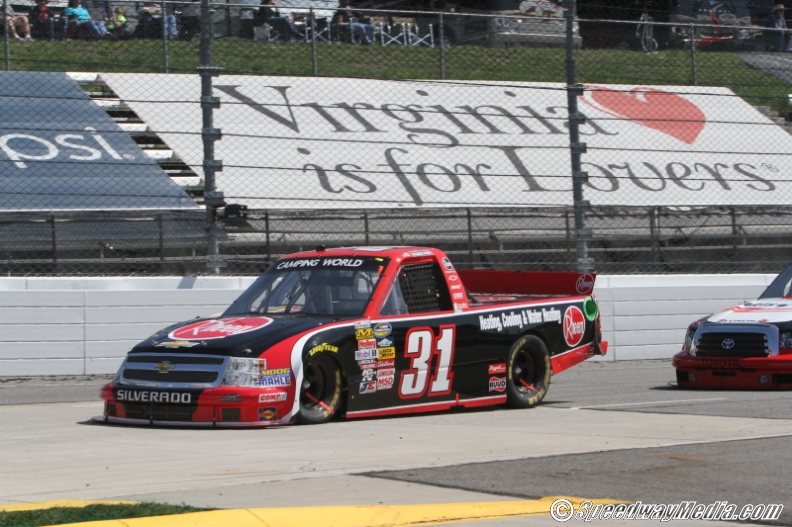After a week of tremendous joy with David Ragan slaying the giant on Sunday, things got a little testy on Tuesday and Wednesday of this week. First, NASCAR’s Chief Appellate Officer, John Middlebrook, weakened NASCAR’s penalties to Penske Racing’s No. 2 and No, 22 teams. The next day, the three member appeal board really lessened the penalties to Joe Gibbs Racing’s No. 18 team. NASCAR officials were not pleased, as you can imagine.
Both organizations had pretty good arguments. Penske claimed they were working in the gray area of the rule book, though there was a potential performance advantage in what they did. Gibbs probably had a better argument. Gibbs gets their engines from a provider not really connected to their race shop. TRD, the Toyota engine supplier for Joe Gibbs Racing, made a mistake apparently and built an engine that did not meet the NASCAR rule book’s specifications. They bolted the engine in and went racing, trusting the engine supplier. The penalty was severe and the board saw fit to lessen the blow, but NASCAR was not pleased. Check out NASCAR’s Kerry Tharp’s comments. They were clear in not agreeing with the result of the hearing.
Penske had a tougher sell. Penske engineers had modified the rear suspension parts on its two cars. Middlebrook shortened suspensions while keeping fines intact. Unlike the Gibbs decision, point penalties were not changed, which probably fits the so-called crime. Although not much comment from NASCAR was heard, they had to be upset by this. Two days and two losses seemed to send a message. The Appeals Board and the Chief Appellate Office thinks the penalties are too stiff except for the fines. The big question is will NASCAR change their penalties (they say not) or will NASCAR change the appeals process?
I can see both sides of this situation. I’m sure Penske Racing saw the slap on the wrist given Rick Hendricks’s No. 48 team last year and assumed that working in the gray area was alright. I also can see the problem with giving Joe Gibbs Racing a major penalty reduction. Outside of Jack Roush and Richard Childress among major teams, most get their engines from third party suppliers. Roush-Yates engine supply most, if not all of the Ford teams. TRD supplies most of the Toyota teams. Either Hendrick or Earnhardt-Childress supplies the Chevrolet teams. What if there is a problem in the future with one of these supplied engines? Can we expect any penalties to be reduced? It’s really going to be interesting.
Once upon a time, NASCAR controlled the sport to the point that it was dictatorial. That’s not the case anymore and it has to be unsettling to them. The urge to take over control has to be there, but will they?







